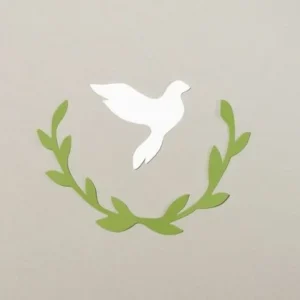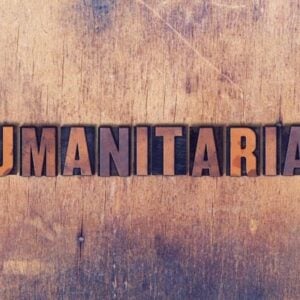Local peacebuilders from around the world convened in Kenya for one of the largest gatherings of its kind, confronting the rising tide of war, militarism, and shrinking civic space. Delegates from countries including Gaza, Ukraine, India, Myanmar, and Sudan shared experiences of communities increasingly impacted by leaders, armed groups, and external powers that disregard international law. They highlighted how grassroots peacemaking is often sidelined in favour of transactional or exploitative diplomacy, yet local actors continue to resist, drawing inspiration from youth movements, civil society initiatives, and mutual aid networks.
Despite funding cuts from the Global North, including reductions in US foreign aid, participants emphasized resilience and adaptation, finding ways to sustain peacebuilding independently. Several speakers framed the funding shifts as an opportunity to work without restrictive donor conditions, allowing for more autonomous and community-rooted initiatives. Examples included civilian-led emergency aid in Sudan and Myanmar, interfaith peace efforts in South Sudan and the Central African Republic, and non-violent and armed resistance movements that challenge systemic oppression in Colombia, India, and Palestine.
Delegates criticized Western-led peacebuilding models, noting that many externally imposed agreements fail to address root causes of conflict and instead prioritize geopolitical or economic interests. Alternative visions of peace presented at the gathering emphasized local solidarity, justice, accountability, and inclusive community participation. Indigenous perspectives highlighted collective responsibility and respect for all living beings as central to sustainable peace.
Funding crises prompted discussions on rethinking traditional support structures, with a focus on community philanthropy, crowdfunding, and local initiatives that predate external aid. Peacebuilders described how local groups in the Central African Republic and other regions are reclaiming agency, building schools, sharing resources, and questioning the efficacy of international interventions. While some called for a full break from Global North donors, others stressed the necessity of balancing advocacy for international support with community-driven strategies.
A central theme of the gathering was global solidarity: attendees emphasized learning from one another, connecting struggles across borders, and politicizing peacebuilding to address systemic issues such as capitalism, state capture, arms trade, settler colonialism, and extractivism. Delegates stressed the importance of mutual support, citing examples like global protests and aid for Gaza, underscoring that local peace efforts are most effective when networks of solidarity link communities confronting similar challenges worldwide.







